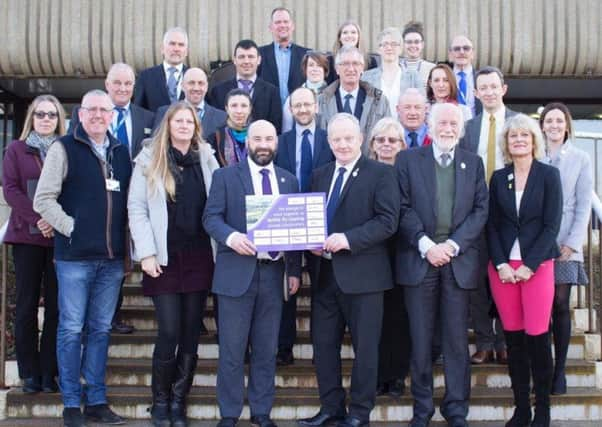Waste crime is ‘new narcotics’


The number demonstrates the rising tide of illegal rubbish dumping that is blighting the county’s communities and countryside.
Last week, Marc Jones, Lincolnshire Police and Crime Commissioner, called a special summit to investigate what can be done to tackle the growing menace.
Advertisement
Hide AdAdvertisement
Hide AdMr Jones said: “This is very much the first step in gathering information, good practice and experiences, but it is clear, already, that this is a huge problem for all our communities and it’s having a significant impact on resident’s quality of life.
“Clearly partnership working will be crucial, so I am keen to analyse the information we have gathered, find examples of positive steps taken around the UK and then see what projects we can create and launch that will begin to make a difference.”
Representatives from all seven of the county’s district and city authorities, the county council, Lincolnshire Police, the Environment Agency, drainage boards, the NFU and the County Land and Business Association attended the meeting at Police HQ in Nettleham.
Delegates were told waste crime has been described as “the new narcotics” by Environment Agency chief James Bevan – and now costs England £1 billion a year.
Advertisement
Hide AdAdvertisement
Hide AdFarmers, often the victims of illegal fly tipping, now pay an average of £850 a year cleaning up rubbish on their land – with many paying thousands.
Some of the examples given by delegates included the dumping of 30 bags of dead chicken, hundreds of tyres, offal and even three dead horses.
PCC Mr Jones will assess the information given by the various agencies before drawing up a list of actions.
But he has committed to creating a “hot spot” map – showing the locations across the county most used by fly- tippers – as a first step in an intelligence gathering process.
Representatives from all agencies, including the chief constable, have also signed a pledge to seek a way to work together and tackle fly-tipping.